Actually having problems/issues with Chloramine?
sdgrower
13 years ago
Related Stories
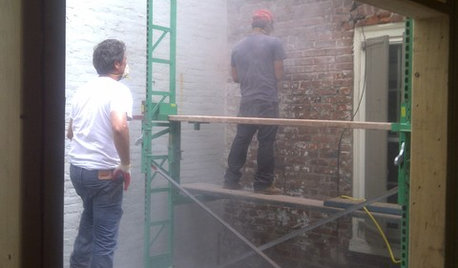
HOUSEKEEPING10 Problems Your House May Be Trying to Show You
Ignore some of these signs and you may end up with major issues. We tell you which are normal and which are cause for concern
Full Story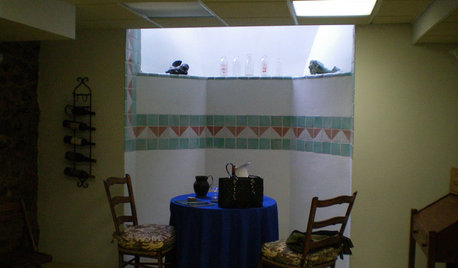
BASEMENTSBasement of the Week: High-End Problem Solving for a Show House
Dark and dated? Naturally. But this '70s-style basement had myriad other design issues too. See how the designer rose to the challenge
Full Story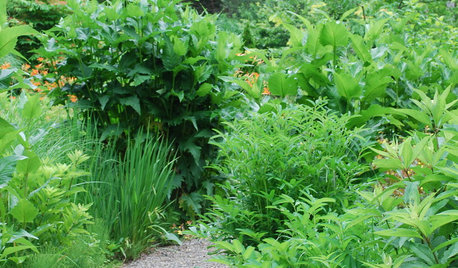
GARDENING GUIDESSolve 3 Common Landscape Problems — With More Plants
Sometimes the best defense is a good offense
Full Story
DECORATING GUIDES5 Pet Problems Solved by Design
Design-Friendly Ideas for Pet Beds, Bowls, Doors — and yes, the Litter Box
Full Story
REMODELING GUIDESThe Hidden Problems in Old Houses
Before snatching up an old home, get to know what you’re in for by understanding the potential horrors that lurk below the surface
Full Story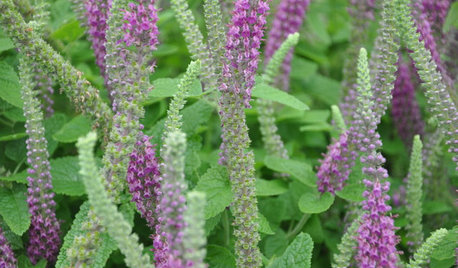
FEEL-GOOD HOME9 Smells You Actually Want in Your Home
Boost memory, enhance sleep, lower anxiety ... these scents do way more than just smell good
Full Story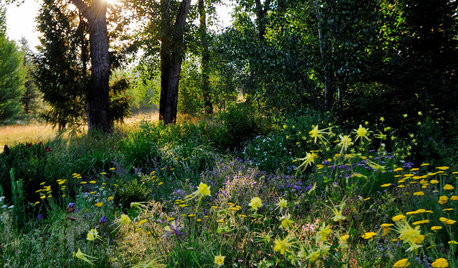
NATIVE PLANTSWhy Aggressive Plants Might Actually Be Your Friends
Sometimes a garden thug is exactly what’s called for
Full Story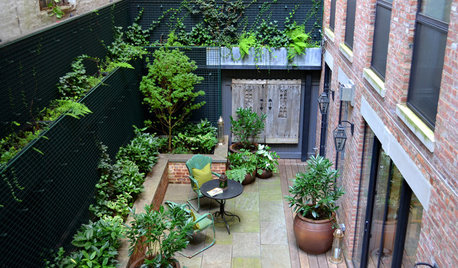
LANDSCAPE DESIGNProblem Solving With the Pros: How to Build a Garden in an Urban Canyon
Skyscrapers, noise and deep shade create an unlikely sweet spot for a timeless green retreat in New York City
Full Story
FEEL-GOOD HOMEBack Problems? Try Putting Your Feet Up
Consider these alternatives to that one-size-doesn’t-fit-all sofa to avoid slumping and spinal stress
Full Story
LIFEHave the Kids Left Home? 16 Things to Consider
‘An empty nest is not an empty heart’ and other wisdom for when the household changes
Full Story





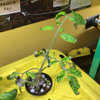
hardclay7a
joe.jr317
Related Professionals
Barrington Hills Landscape Architects & Landscape Designers · Belmont Landscape Architects & Landscape Designers · Forest Park Landscape Architects & Landscape Designers · Ilchester Landscape Architects & Landscape Designers · Seabrook Landscape Architects & Landscape Designers · Taylorsville Landscape Architects & Landscape Designers · Medford Landscape Contractors · Bell Gardens Landscape Contractors · Bloomington Landscape Contractors · La Vista Landscape Contractors · Merced Landscape Contractors · Muttontown Landscape Contractors · Sun City Center Landscape Contractors · Wheat Ridge Landscape Contractors · Yukon Landscape Contractorshardclay7a
sarsnavy05
hardclay7a